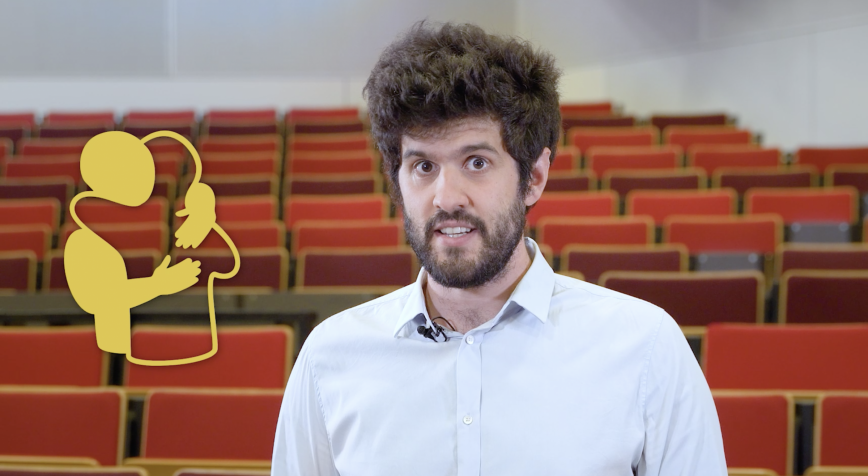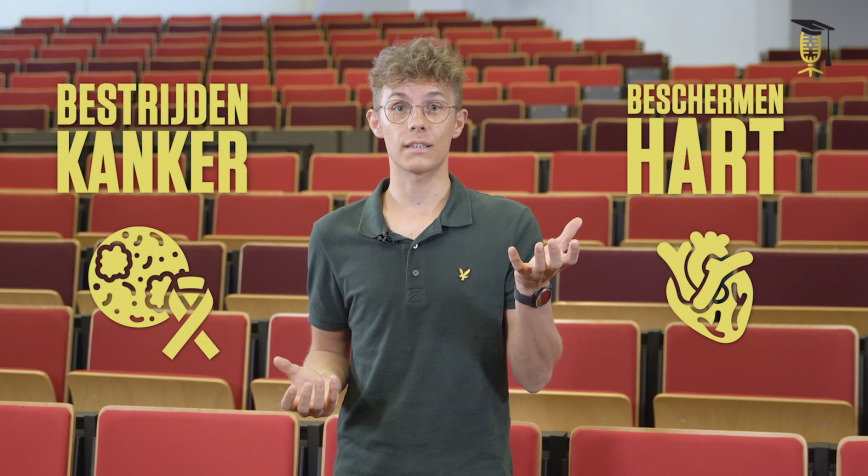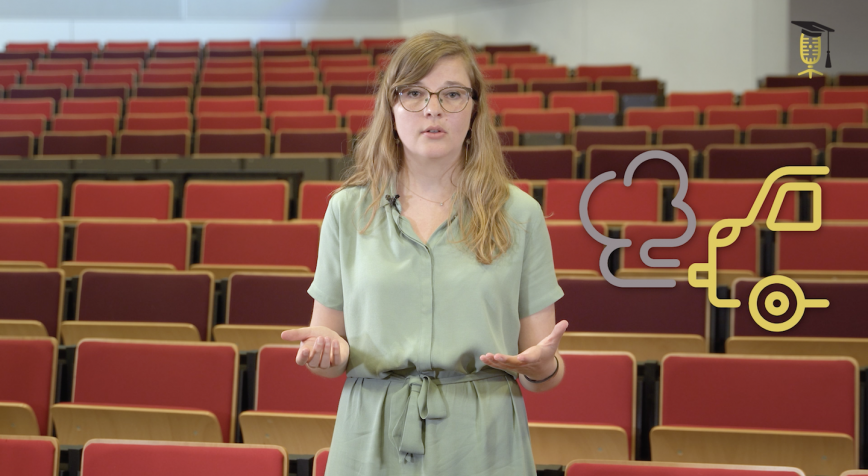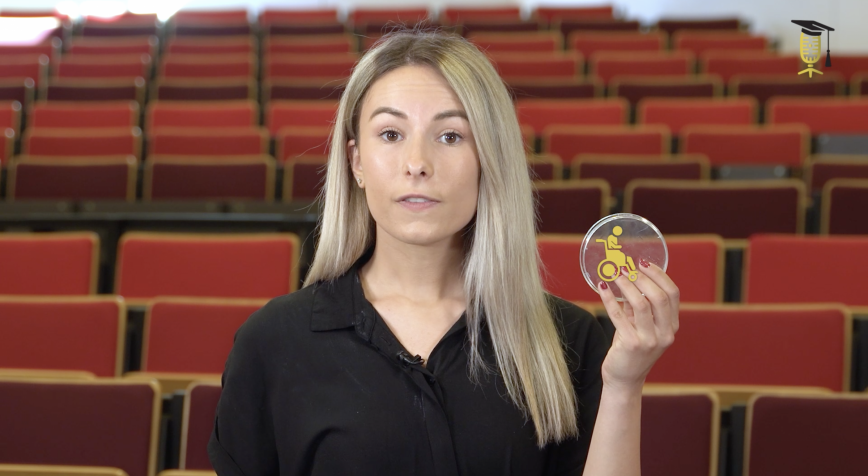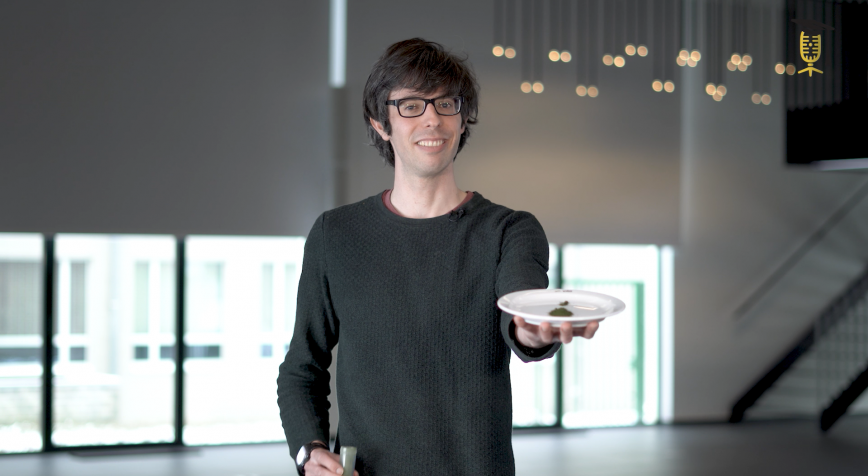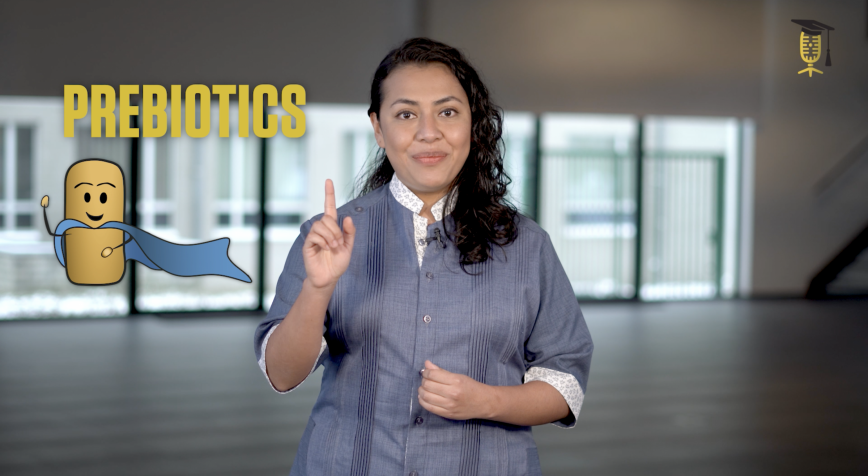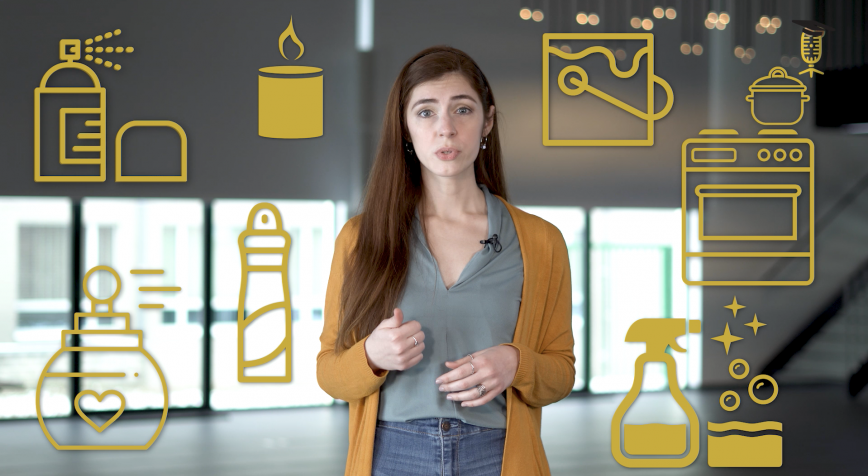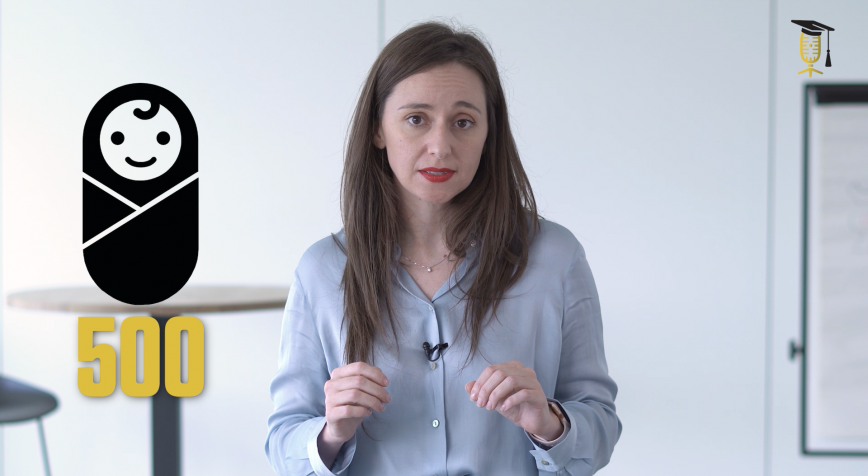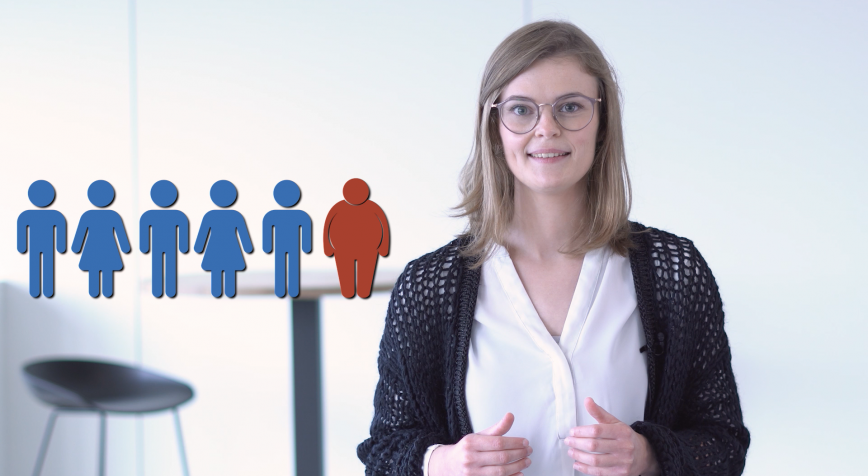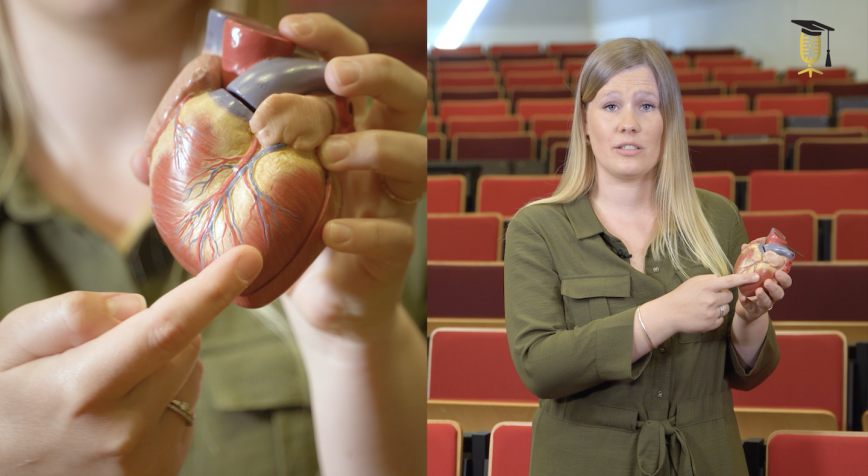
UHasselt
Using stem cells to cure a heart attack
In a heart attack, certain heart cells are damaged and they will never recover. So a patient is forever left with a scar on his heart, which will reduce the heart's pumping power. Could stem cells be the solution? Lize Evens (Hasselt University) explains it to you in this video.
